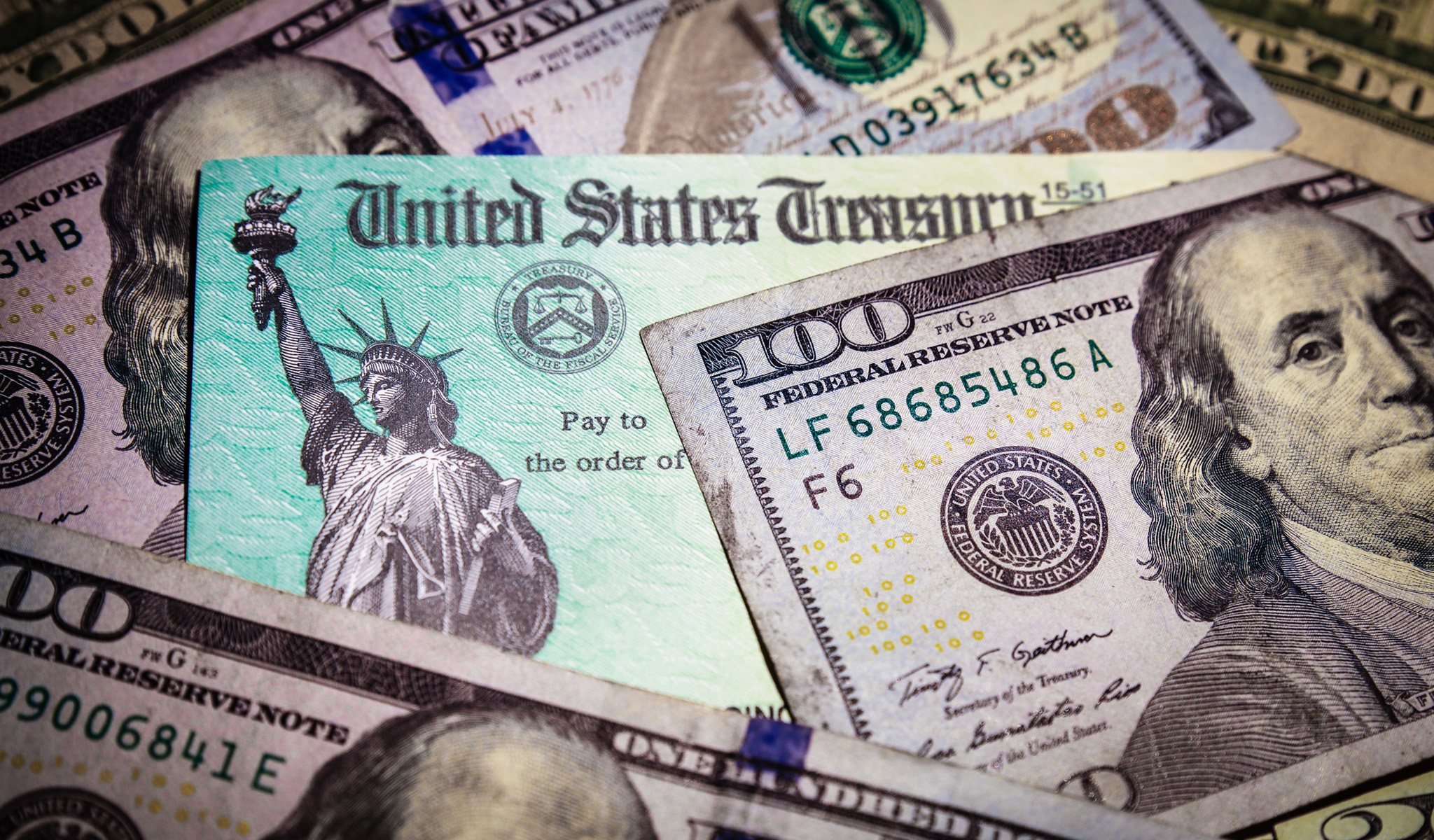The rich pay the most taxes, by far. That’s not a partisan statement as much as it’s a logical and empirical reality.
Considering the logic first, the rich earn much more than we do. That’s why they’re rich. Members of the Left alert us to this truth the most with their routine talk about how much CEOs, company founders, and other top-of-industry-heap types take in relative to those beneath them. Since they earn the most they hand over the most to the U.S. Treasury. That’s too bad. More on that in a bit.
Moving to the empirical, members of the Right (let’s call them conservatives just for brevity) routinely remind us that the top 1 percent account for roughly 40 percent of federal revenues. So, while it’s wrong in too many ways that the rich account for such a substantial portion of Treasury’s incomings, it’s also a fact. About why this is shameful, once again more on it in a bit.
For now, it’s useful to pivot to conservatives and their policy pieces. While they would almost to a man and woman nod their heads along to the reality of the top 1 percent providing 40% of tax revenues to Treasury, something comes over them once tax breaks for those same rich are introduced. Suddenly conservatives become Marx, Engels, Piketty, or name your redistributionist lefty. They ask why “taxpayers” are subsidizing the rich.
For example, in a recent piece for the New York Post, Heritage Foundation’s E.J. Antoni and Scotia Capital’s Anthony Esposito lamented that “taxpayers are subsidizing rich electric-vehicle owners to the tune of billions.” At the Washington Examiner, Tim Carney wrote against the revival of the State and Local Tax Deduction (SALT) because it would help “high income people.” At Mercatus, Veronique de Rugy criticized the Democrats for working “nonstop to ease the tax burden for their high-income constituents.”
Sure, but you can bet that all four of the writers mentioned would once again nod their heads to the assertion that the rich pay the vast majority of federal tax revenues. In which case it’s not “taxpayers” broadly who shoulder tax breaks for the rich the, rather it’s the rich taxpayers who should shoulder tax breaks for the rich. If they’re paying all the taxes, and conservatives properly point out that they are, that which reduces their federal tax bill is hardly a burden for those who aren’t rich. Think about it. Conservatives plainly don’t.
Something about the rich handing over less unearths the populist streak that seemingly resides in all conservatives. When the rich benefit, they’re unhappy. At which point they change their story and act like the poor and middle class pay all the taxes such that the burden of reduced fleecing of the rich falls on them. Quite the opposite, actually.
When the rich hand over less to Treasury, the poor and middle class gain twice. They’re subsidized by the rich paying less. For one, the latter means that government is taking in fewer dollars with which it can centrally plan the allocation of precious resources. Less central planning redounds to everyone. And for those who care about deficits, if Treasury is taking in less its capacity to borrow is reduced. But the greatest aspect of the rich paying less is that when they do, that means more unspent wealth that can find its way to entrepreneurs and companies that normally need to hire in order to vivify their visions.
We all gain when the rich pay fewer taxes. After which, let’s be serious. The poor and middle class are not burdened by the latter. When tax breaks are created for the rich, it’s the rich “shouldering the burden” if you seriously think it’s bad that the rich get a break, and that Congress has fewer dollars to waste.
Republished from RealClear Markets





